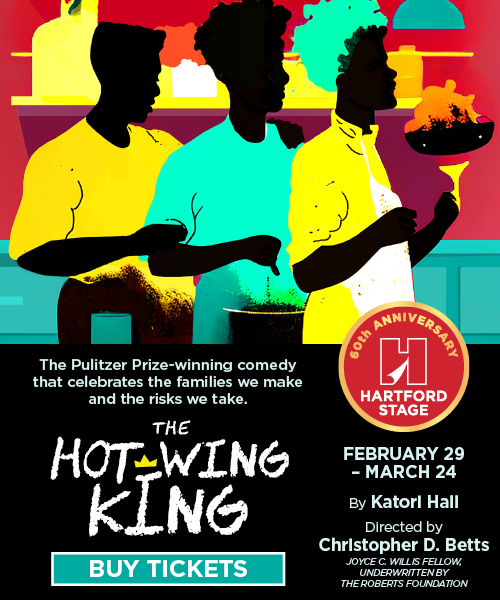By Terri Schlichenmeyer
You will never settle.
And why should you? If it’s not right, you make it right. If it can be better, well, then get at it. You find the solution or you go on to the next thing because good enough is never good enough. As in the new book “Bayard Rustin,” essays edited by Michael G. Long, there’s always work to do and good trouble.
Somehow, it seems, in the discussion about Martin Luther King and the leadership he brought to the Civil Rights Movement, certain things may be left out. In the case of Bayard Rustin, says Long, the record needs to be altered. Today, now.
His mother was still a teenager, and unmarried, when Rustin’s grandmother helped deliver him in the spring of 1912. The boy’s father refused to acknowledge him, so his grandparents gave him a family name and raised him in their Quaker faith.
Still, alongside the peaceful, gentle mandate of Quakerism, young Rustin experienced Jim Crow segregation. His grandmother left a major impact on him, teaching him compassion, kindness, and generosity – she reared him to do the right thing – but they lived in Pennsylvania, where racism was common and the Klan maintained a nearby presence. As if that wasn’t difficulty enough, Rustin realized he was gay, which was illegal then.
At that point, though, he had seen many wrongs around him, and he became an activist. He also worked for justice as a speaker and organizer; at one time, he’d embraced communism but eventually became a socialist. By his own admission, Rustin was jailed more than 20 times and served on a chain gang for several months – but even then, his nonviolent Quaker beliefs emerged and he befriended his jailers, gaining their respect.
By the time he met a young preacher named Martin Luther King, Rustin was well-versed on civil rights work. He had direction, contacts, and the organizational skills the movement needed.
And yet, he was willing to let King take the front stage…
Pulled together as a collection of essays, “Bayard Rustin” has one flaw that probably can’t be helped: it’s quite repetitive. Each of the essayists in this book wrote extensively about Rustin, his work, and his impact, but there just doesn’t seem to be quite enough about Rustin himself – perhaps because, as editor Michael G. Long indicates in his introduction, Rustin left a legacy but history left him more in the background. This means that the nearly two dozen contributors to this book had only what they had to go on, hence, the repetition.
Even so, if you look for Rustin, you’ll find abundant tales about him and this book has a good portion of them. Readers will be entertained, confounded, and pleased by what they read here. i\It’s like finding treasure you never knew you needed.
This book needs to sit on the shelf next to everything written about Dr. King. It’s an essential companion to any volume about the Civil Rights Movement. If you need history, find “Bayard Rustin” and settle in.





